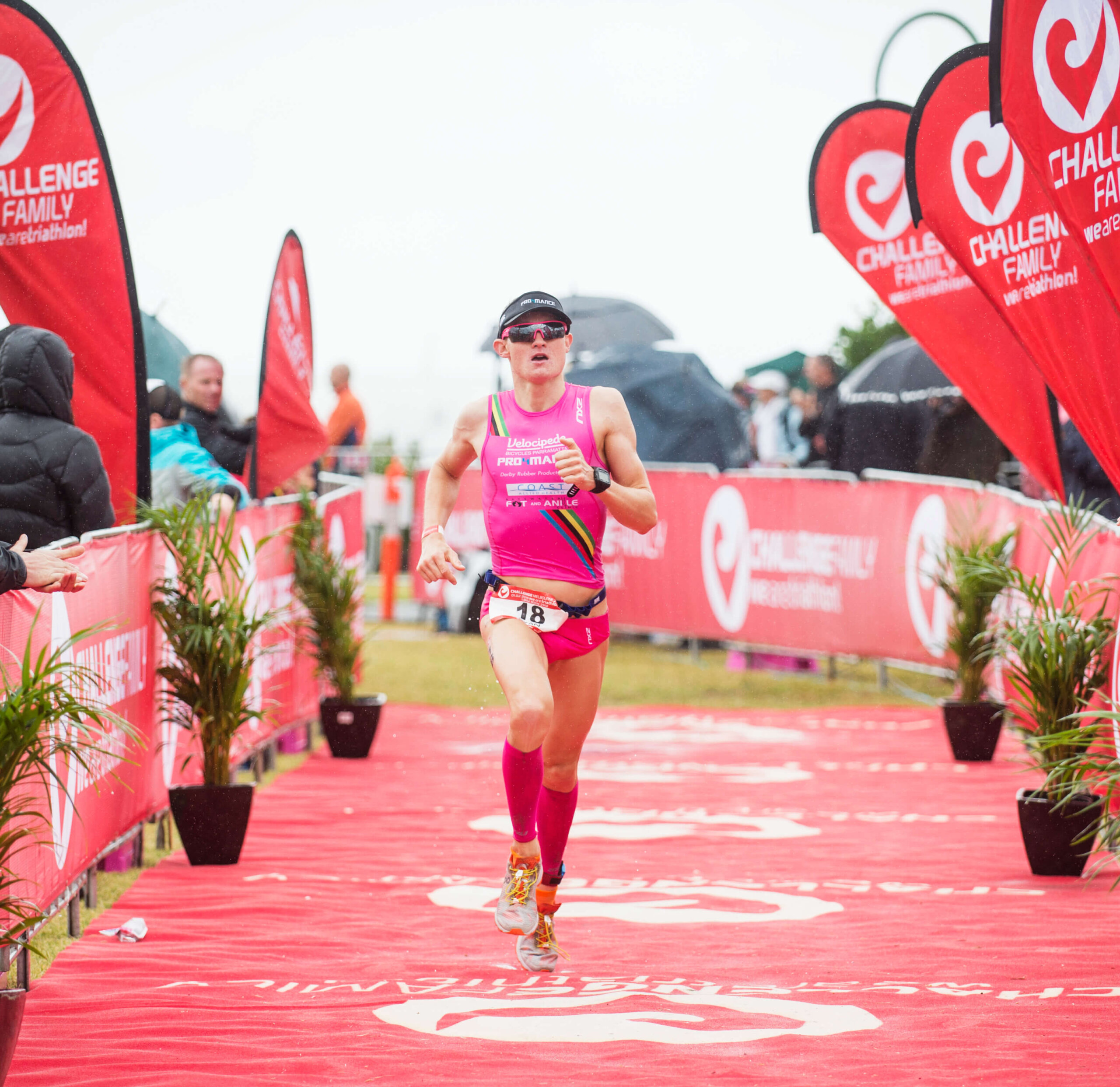
With Challenge Shepparton just 4 weeks away we thought we would give you some nutrition guidelines and advice for your race day nutrition. Read on to find out how to get the most out of your race day nutrition
Every athlete is different and requires a different amount of fluids, energy depending on their requirements and what they have train with leading up to the race. With the race just around the corner, you need to start practising your race day nutrition during training because you will quickly learn trying things for the first time during a race doesn’t end very well.
Breakfast on RACE DAY
Breakfast should be light, low in fat/fibre and high in carbohydrates. We always recommend to trial a race day breakfast prior to the day to ensure you do not upset your stomach. Toast and Cereal are good options for breakfast. Try to eat your breakfast at least 2 hours prior to your race to ensure it doesn’t sit in your stomach and cause stomach upsets during the race.
Maintaining your hydration levels is important before the race, so you should sip on a sports drink (Produrance) or electrolyte drink (Prodrate) between breakfast and the start time.
5-10 minutes before the SWIM START
This is your chance to top up your energy stores before the race begins. This is most commonly done by consuming an energy gel, which will make it easy to get down and you don’t have to worry about digesting and breaking down any solid food.
During the RIDE
During the ride is the most important time to hydrate and fuel yourself, as you will be able to comfortably consume a larger amount of fluids and food compared to the run. For the majority of athletes you need to aim between 60g-90g of carbohydrates per hour. If you haven’t practiced consuming 90g of carbohydrates during training, then it will not be a good idea to try it for the first time. Majority of athletes suffer from stomach upsets because they haven’t trained their stomach to absorb the amount of nutrition they consume on race day. This is the same as fluids, the temperature on the day will determine how much fluids you need to drink, if you force fluids down for the sake of trying to stay hydrated, the likely outcome will be you will suffer from stomach upsets.
You can achieve your 60-90g of carbohydrates per hour through a combination of energy gels, energy bars, fruit, sandwiches and sports drink. Here are a few examples of 90g per hour using some Pro4mance products:
1 x 800ml bottle of Produrance (2 scoops) = 60g of carbohydrates + Electrolytes
1 x Produrance Energy Gel (1 serve) = 30g of carbohydrates + Electrolytes
1 x 800ml of Prodrate= 2g of carbohydrates
3 x Produrance Energy Gels (3 serves) = 90g of carbohydrates + Electrolytes
Produrance Sports Drinks and Produrance Energy Gels contain the exact same formulation of carbohydrates and electrolytes, so each serve contains 30g of carbohydrates, which makes it easy to achieve 60g-90g of carbohydrates per hour with any combination you prefer.
During the RUN
During the run, it is important to continue to consume fluids and food but you should reduce the amount compared to on the bike. For this reason we would recommend only 30-60g of carbohydrates and 200-600ml of fluids depending on the temperature per hour. If you are starting to suffer from stomach upsets while running, try to reduce the amount of fluids you are drinking and only drink to thirst until the discomfort has passed.
AFTER the race
Recovery starts as soon as you finish, it is important to consume carbohydrates, proteins, electrolytes and fluids within 15-20minutes of finishing your race. For this reason, Procover is a fantastic option as it will provide you with all the nutrients your body needs to start the recovery process. Once you have drank your Procover shake it is recommended you consume a full balanced meal within 1-2 hours of finishing.
If you would like some more information on how to specifically set out your race day nutrition please head to https://www.pro4mance.com.au/endurance-lab/nutrition-plans/ and you will see some pre-prepared nutrition plans for different amounts of carbohydrates and times during a 70.3 race. If you are still unsure about what nutrition to consume or worried about your diet leading up to a big race, we would always recommend consulting a qualified sports dietitian who will work with you and create specific goals and plans to ensure you can compete at your optimal level. Checkout our recommended sports dietitians at https://www.pro4mance.com.au/dietitians/